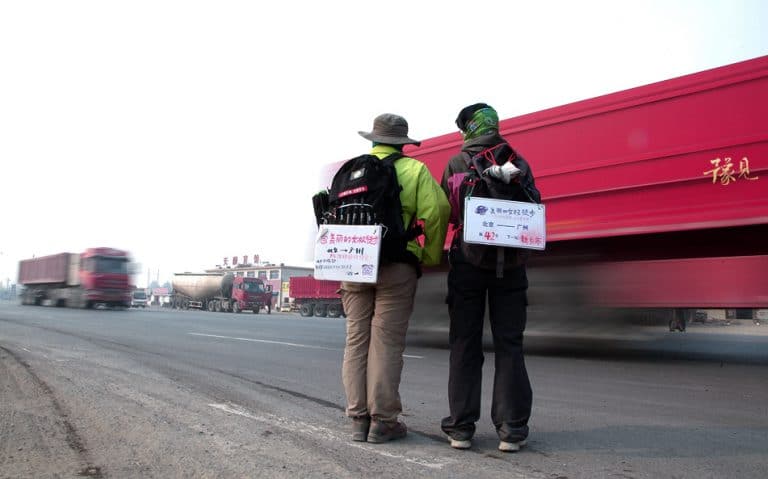
Number of open government information lawsuits increases in Guangdong
Recently, the Guangdong High People's Court published the statistics for administrative cases brought against government for disclosure of informations. The data show that, compared to the previous year, the number of cases accepted by local courts increased by 73% in 2013, and 39% in 2014.


